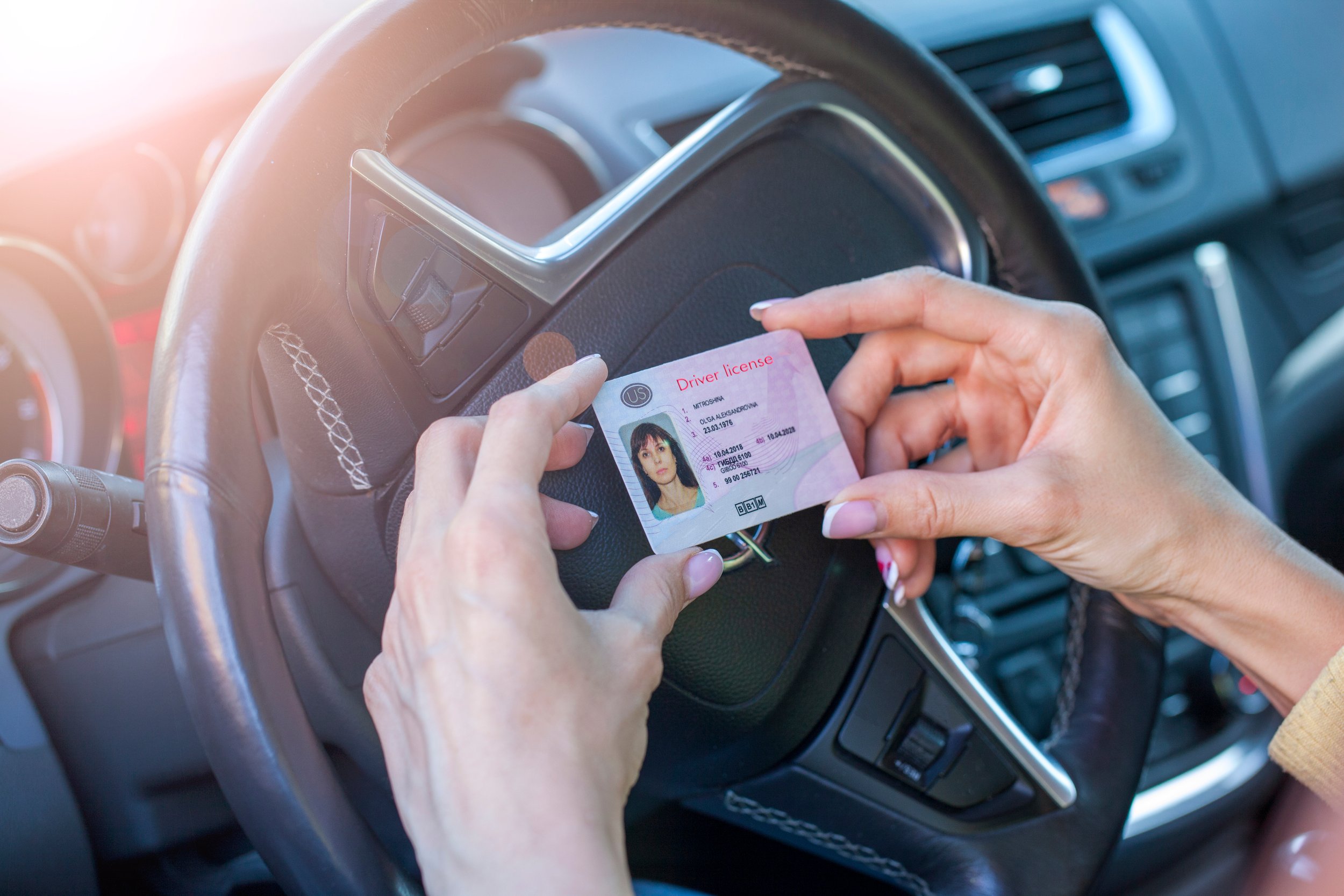The what, why and how of the 30% ruling in the Netherlands — Exterus
7:50
Are you considering working in the Netherlands as an expat? Do you want to know more about the 30% ruling and its benefits? Look no further, as we provide you with a comprehensive guide to understanding the 30% ruling in the Netherlands. In this article, we will cover the basics, including eligibility criteria, benefits, application process, and potential changes to the ruling.
The 30% ruling is a tax benefit aimed at expats working in the Netherlands. It allows eligible expats to receive 30% of their salary tax-free. This tax advantage is intended to compensate for additional expenses incurred while living abroad.
Living in a foreign country can be an exciting and enriching experience, but it can also be challenging. The 30% ruling acknowledges the additional costs that expats may incur while living in the Netherlands, such as language courses, cultural activities, and higher housing costs. By providing a tax benefit, the Dutch government hopes to attract and retain highly skilled expats, who can contribute to the Dutch economy and society.
Not all expats are eligible for the 30% ruling. To qualify, you must meet certain criteria set by the Dutch government. Firstly, you should have been recruited from abroad to work in the Netherlands. This means that you should have been hired by a Dutch employer while you were still living outside of the Netherlands. Secondly, you should possess a unique skill or expertise not readily available in the Dutch market. This means that you should have a specific education, work experience, or knowledge that is in high demand in the Netherlands. In principle this will be determined on the basis of your salary level. Finally, you need to live at least 150 kilometres away from the Dutch border for a significant period before moving to the Netherlands. This means that you should have been living outside of the Netherlands for a certain period before you were hired by a Dutch employer.
It is important to note that meeting these criteria does not guarantee eligibility for the 30% ruling. The Dutch tax office will evaluate each application on a case-by-case basis, taking into account factors such as the duration of the employment contract, the salary level, and the nature of the work.
The 30% ruling generally lasts for five years, although there are some exceptions for shorter durations. This means that you can receive the tax benefit for up to five years after you start working in the Netherlands. However, it is important to be aware that the 30% ruling may be revoked or reduced if you leave the Netherlands or if your situation changes. For example, if your salary decreases or the salary threshold set by the Dutch government is increased, your eligibility for the 30% ruling may be affected.
If you are eligible for the 30% ruling, it is advisable to consult with a tax advisor to understand the implications and requirements of the ruling. By staying informed and compliant with the Dutch tax regulations, you can make the most of your time as an expat in the Netherlands.
The primary benefit of the 30% ruling is the tax advantage it provides. By receiving 30% of your salary tax-free, you can increase your take-home pay, allowing you to save more or enjoy a higher purchasing power. This advantage can also make the Netherlands an attractive destination for highly skilled workers from abroad.
The 30% ruling can also benefit Dutch employers. It can help them attract foreign talent, reduce labour costs, and improve employee retention. Additionally, many employers may be unaware of the specific requirements associated with the ruling, so it is essential to have open communication and clear expectations upfront.
Expats under the 30% ruling can also receive additional perks and allowances, such as a tax free reimbursement for international school fee for children or an easy exchange of their driving license. In addition, they can also claim regular transportation, home search, and moving expenses, tax-free, just like any other employee.
There’s also an additional benefit in personal income tax; expats under the 30% ruling can apply for a certain status and as result are subject to limited taxation on their personal savings and investments.
When applying for the 30% ruling, you will need to provide several documents, including your employment contract, educational certificates, and proof of residency. It is best to consult with your employer or tax advisor to ensure that all necessary documents are in order.
The application process can take several weeks, so it is necessary to schedule it well in advance of your desired start date in the Netherlands. Additionally, it is essential to note that there are specific deadlines that need to be met, and failure to do so can result in rejection or reduced duration of the ruling.
Your employer plays a crucial role in the application process for the 30% ruling. They need to facilitate the application and ensure that all the necessary information is provided. Additionally, they can help ensure a smooth transition and provide support throughout your stay in the Netherlands.
The Dutch government made significant changes to the 30% ruling in 2019, which reduced the maximum duration from eight to five years. Additionally, a minimum salary requirement applies, which increases annually and for 2023 amounts to €41,954 p.a. or € 31.891 p.a. for young Master graduates.
Furthermore, as from 2024 a cap will be applicable to the salary to which the 30% ruling can be applied (roughly € 223,000 p.a.). Many expats expressed concern about the potential impact on their finances and quality of life.
There is likely to be more debate and discussion on the 30% ruling in the coming years. This could lead to further revisions or changes to the eligibility criteria or duration. It is essential to stay informed and be aware of any potential adjustments to the ruling.
Finally, if you are not eligible for the 30% ruling, there may be other tax benefits available that can help reduce your tax burden in the Netherlands. For instance, you can claim the Dutch tax-free allowance for foreign taxpayers or benefit from the Dutch tax treaty with your country of origin. Consult with a tax advisor or your employer for more information.
The 30% ruling can be a significant financial and lifestyle advantage for expats in the Netherlands. However, it is essential to understand the eligibility criteria, benefits, application process, and potential changes to the ruling. By being informed and prepared, you can make the most of your time in the Netherlands, and enjoy a successful and rewarding experience as an expat.
Do you want to talk with an expert on how to leverage the benefits of the 30% ruling for you or your company?
Feel free to schedule a free consultation! We’d love to talk to you about your unique situation.

Understand the Dutch expat scheme's implications during garden leave and sabbaticals, including fiscal qualifications, salary thresholds, and transferability for HR and payroll managers.

Ensure compliance with the Expat ruling for expats in 2026 with this comprehensive year-end checklist, covering employment contracts, salary requirements, upcoming changes, and more.

Discover the new salary thresholds for highly skilled migrants and Blue Card holders in 2026 and explore future policy changes affecting migration to the Netherlands.

Discover the benefits of the 30%-ruling for expats and employers in the Netherlands. Learn how this tax exemption increases income, reduces costs, and attracts top international talent.

Learn about the future changes to the Netherlands' 30%-ruling and how to act now to maximize its benefits before 2027.

Discover the new salary thresholds for highly skilled migrants and Blue Card holders in 2026 and explore future policy changes affecting migration to the Netherlands.

The abolition of the partial foreign tax liability in the Netherlands as of 2025 impacts expats with an expat ruling and requires action from employers.

Discover the updated salary requirements for the Dutch expat scheme in 2026, including new thresholds and compliance tips for employers and expats. Stay informed and compliant with Exterus.

Curious about the 30% ruling in the Netherlands? Learn how it works, how to calculate it for 2025, and what HR & expats must know.

Want to benefit from the 30% ruling in the Netherlands? Discover the step-by-step process, avoid mistakes, and apply with confidence. Get expert help today

Exchange your foreign driving license in the Netherlands with the 30%-ruling. Follow our easy guide and hit the road stress-free.

Compare the Netherlands 30% expat-ruling with actual extraterritorial cost reimbursement. Which is more beneficial for expats and employers? Key Dutch tax and payroll insights.
Subscribe to our newsletter and stay ahead with the latest insights and developments in global employment mobility, delivered straight to your inbox.
By subscribing you agree to with our Privacy Statement